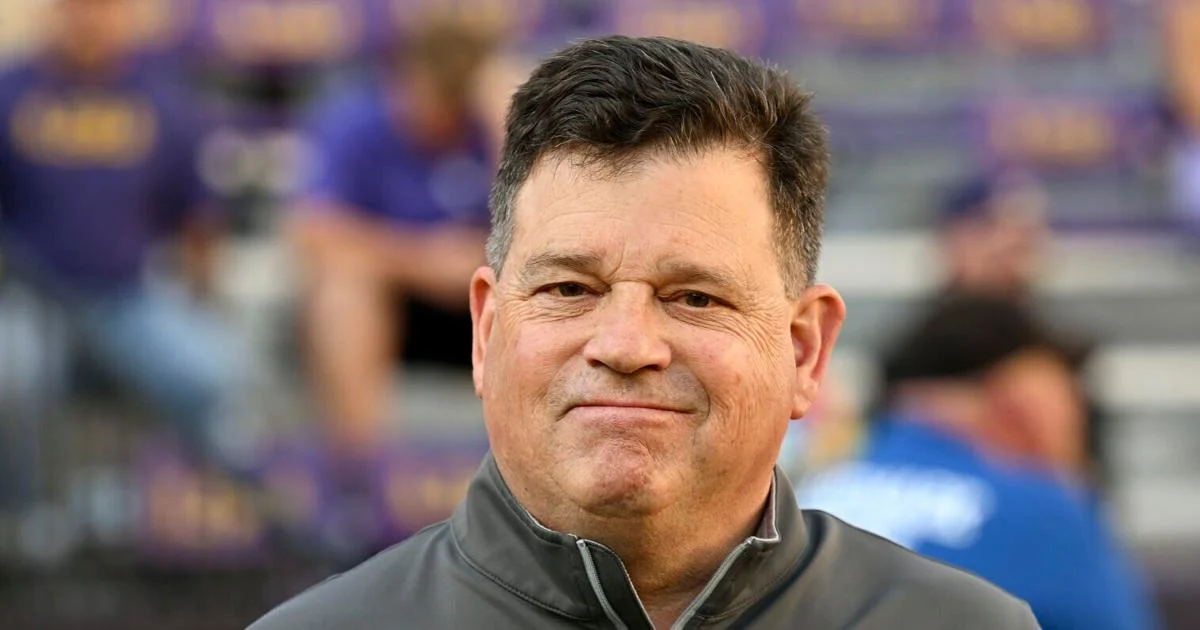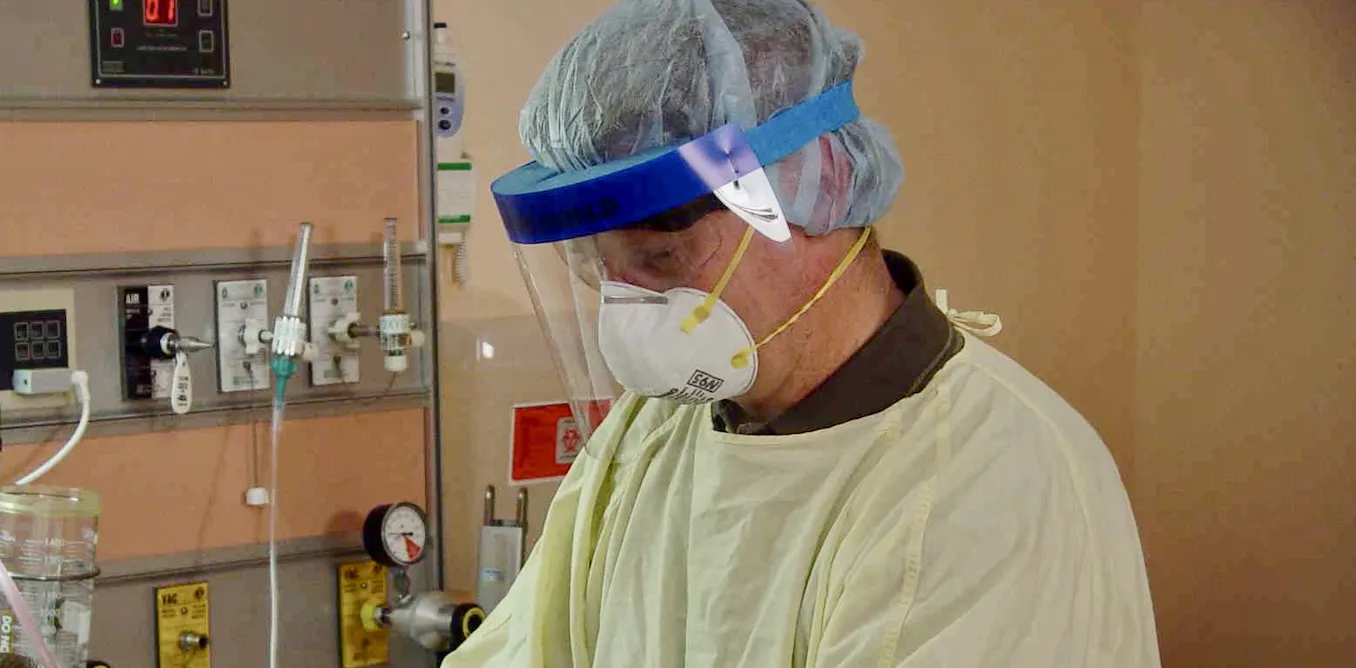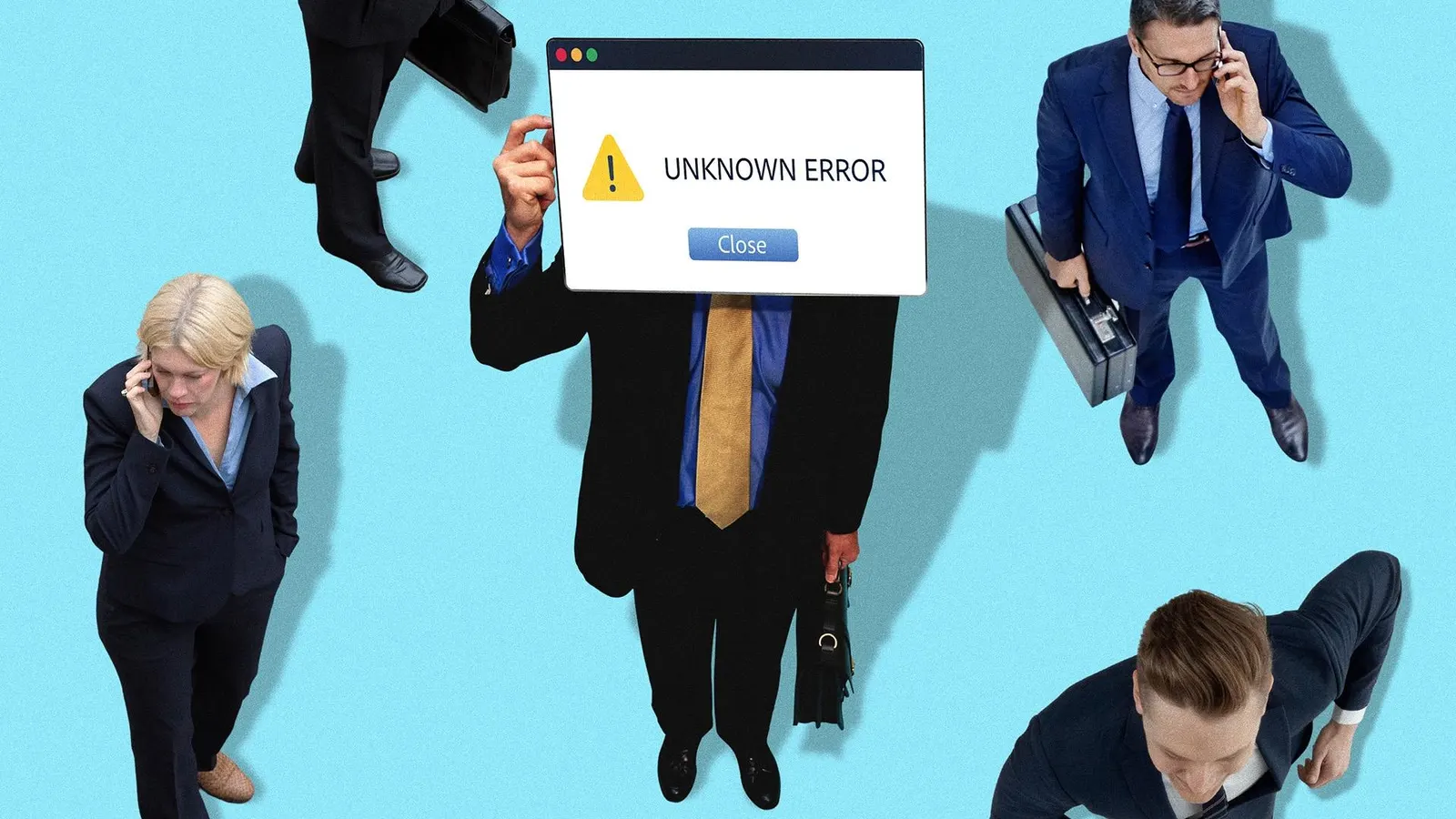Copyright Baton Rouge Advocate

The introduction of NIL and revenue sharing isn't the first time collegiate athletes have been paid, but creating a direct correlation between the athletes and donors has changed the power dynamics within college sports, Alden said. "Investors believe they're going to have a higher say into what takes place in an athletic program," Alden said, "probably than ever before." Perhaps no school has experienced this shift more violently than LSU last week. LSU fired coach Brian Kelly on Oct. 26, watched Gov. Jeff Landry declare three days later that athletic director Scott Woodward wouldn't hire Kelly's replacement and then parted ways with Woodward the day after Landry's comments. The whiplash and chaos of the week didn't settle until Friday, when LSU announced a five-man committee, led by interim athletic director Verge Ausberry, that will select the next coach. "Verge is the ideal person to lead this department through this change," said John Carmouche, the chairman of the LSU athletic committee on the LSU Board of Supervisors. "And I want to be very clear, he has full authority to do so, that includes leading the search for our next head coach and hiring our next head coach." But the drama of the past week at LSU has made hiring the next coach more difficult. "We are not going to let this program fail," Ausberry said Friday. "LSU has to be in the playoffs every year in football; there are 12 teams that make it. It's going to expand here. We have to be one of those at LSU." LSU is without a full-time athletic director or a sitting university president, greatly complicating matters in its coaching search. Before Woodward's dismissal, LSU president William F. Tate IV suddenly left his post in May to become the next president at Rutgers. Having an athletic director and president in place is critical on two fronts during a search. Not only does it help the university make the right choice for a new coach but a sound structure also helps reassure coaches who are interested in the job that the chain of command at the school is solid. "I learned something several years ago (from) a governor of a state in our country. A very admired person ... this is what that person shared with me directly," Alden said. "Governors appoint boards. Boards hire presidents. Presidents hire chancellors, and chancellors hire athletic directors, and athletic directors hire coaches, and you always have to keep that alignment." A typical football coaching search involves the athletic director working with the university president and maybe a small handful of other individuals. For this LSU search, instead of having that typical alignment in place, the school has created a committee to hire its next coach, including Ausberry, Carmouche, LSU Board of Supervisors chairman Scott Ballard, former LSU offensive lineman Ben Bordelon and Francis Missionaries of Our Lady Health System president and CEO EJ Kuiper. Bordelon is a major booster for LSU football, and Kuiper leads an organization that is also a significant donor for the program, meaning that boosters will be directly involved with the coaching search. That's something Gene Smith never experienced in his decades as an athletic director at Iowa State, Arizona State and Ohio State. If anything, the boosters he dealt with at Ohio State wanted nothing to do with hiring the next coach. "I've been in the industry for a long time, so I was fortunate to make the selections without donor involvement," said Smith, who retired as the Ohio State athletic director in June after 19 years. "... I didn't have an environment where donors would call me and say, 'I want to be involved in the search,' or call our president and say, 'I want to be involved in the search.' " Smith acknowledges that the situation at LSU, where there is no sitting president or athletic director, makes it so the search committee may need different perspectives in the room, including using the expertise of donors. But Alden is skeptical of how boosters can be a significant help to a program's coaching search outside of their financial contributions. He points to former AT&T CEO Randall Stephenson's involvement in reshaping the Oklahoma football program as an example of why he believes direct donor involvement can complicate an athletic department's decision-making process. "When you see all these different people with no experience that are being involved to try to make that type of decision, it'll be interesting to see how that plays out," Alden said, "because that would not take place for AT&T when they're trying to identify who the next CEO is." Affecting matters further is Landry's involvement. Besides declaring that Woodward wouldn't choose the next coach, he also said LSU wouldn't hand out a major contract to the next coach, incorrectly stated that Kelly's buyout may need to be paid by taxpayers and blasted the agents who construct major coaching contracts. Just hours before Kelly's firing was announced, Landry also hosted a meeting at the governor's mansion regarding the financial logistics of Kelly's buyout. Smith never consulted with a governor when it came to his decision to hire a coach. "We always communicated with the governor once we made a choice, so he wasn't caught off guard. Just from a communication point of view, it was appropriate," Smith said, "but I never had a situation where he was involved in a search." Witnessing a governor take this much action for a college football coaching search is something Alden said he's never seen. He believes Landry's comments have complicated matters for potential candidates, as they would wonder who they'd report to if they take the job. "Who is it that I work for? Do I work with this person, or do I have these 12 people (I work for)? Or is it the governor that I'm answering to? I mean, who am I answering to here?" Alden said. "Because once you've broken that seal by making those kinds of comments, then you've created confusion. You've created misalignment, not sharing exactly what's going on. "How do you get clarity on that when you're out recruiting your next coach? I don't know. I'm sure that'll get solved, but that certainly is a big challenge." LSU hopes Ausberry can create that alignment. The longtime LSU administrator is in his 24th year working for the department and has been the executive deputy director of athletics since 2019. Both Alden and Smith have great respect for Ausberry and his work at LSU. Smith went as far as to say that Ausberry deserves to become the next full-time athletic director. "I just respect him, and I've seen him on panels, and I just think he's been through every job that exists in that athletic department," Smith said, "and so I just think he understands the culture, and he obviously has great respect on the board because he was chosen to be the interim." Alden also noted that Ausberry has had "plenty of opportunities" to further his administrative career around the country, but his commitment to LSU has kept him in Baton Rouge. "He's a person that has been seen as being professional, consistent, respectful, knowledgeable and engaging," Alden said. "And I think when you have all of that kind of stuff, there's a value-added piece to that also means he is fully committed to LSU. "At the end of the day, LSU is really fortunate that they have a guy as talented as Verge Ausberry." Ausberry still faces a steep hill to find the next LSU coach. He has donors he'll need to manage on his search committee and a governor peering over his shoulder who's already created confusion and misalignment, all while dealing with the typical pressures of hiring the next coach of a program that has won three national championships this century. It's a wild situation for Ausberry, one that was borne from an environment that already has affected schools across the nation. "I think the genesis of it," Alden said, "was when athletic directors and presidents (were) going out and asking people, 'Hey, for us to be in the game, we've got to have you not only donate what you donate on a regular basis to our annual fund, but we have to ask you to step it up even more so that we can be out there in a more aggressive space,' in the NIL and now the revenue-share space. "And when you did that, you created a direct connection between donors and a student-athlete. And that is completely foreign towards what the model has always been in college athletics."



